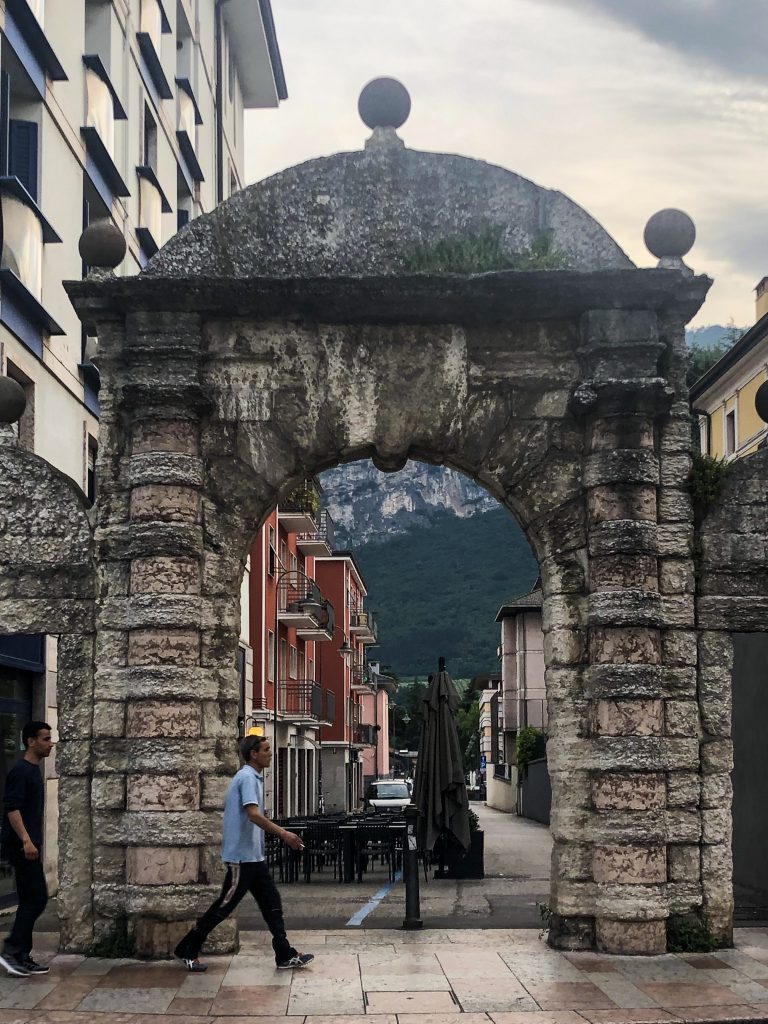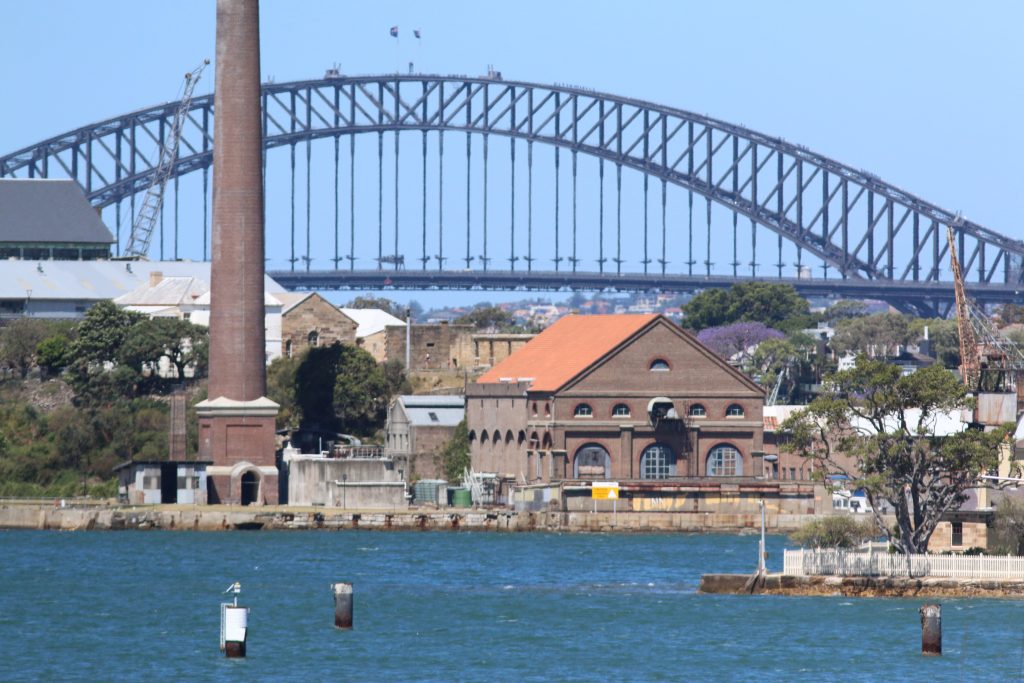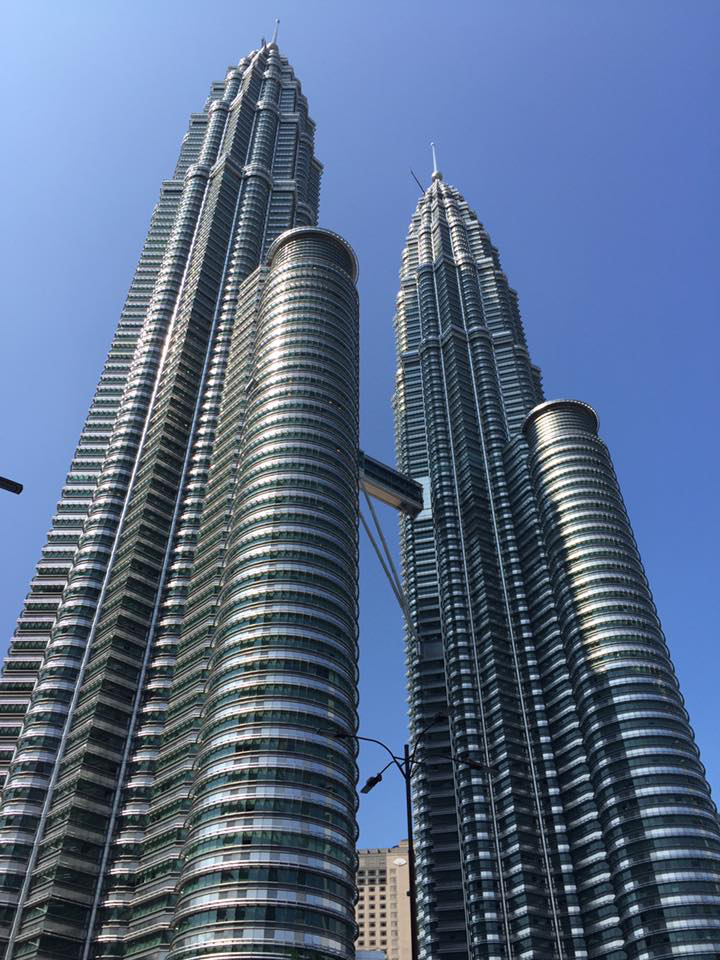
Picture this: you’re standing on golden limestone cliffs, gazing across the bluest waters you’ve ever seen, whilst ancient temples older than Stonehenge whisper tales of civilisations long past. Welcome to Malta, Europe’s best-kept secret that’s about to steal your heart.
Table of Contents
The 10 Must-Do Experiences in Malta
- Explore Valletta’s Baroque Splendour – Europe’s smallest capital packs UNESCO World Heritage architecture into every street. Don’t miss St. John’s Co-Cathedral and the Upper Barrakka Gardens.
- Step Back in Time at Mdina – The Silent City’s medieval walls hide 1,000 years of history. Evening visits offer magical golden-hour photography.
- Swim at the Blue Lagoon, Comino – Crystal-clear turquoise waters create a natural swimming pool. Take early boats to avoid crowds.
- Discover Prehistoric Temples – Ħaġar Qim and Mnajdra temples predate Stonehenge by 1,000 years. These UNESCO sites reveal Neolithic mysteries.
- Cruise the Grand Harbour – One of the world’s finest natural harbours tells 7,000 years of maritime history through fortress walls and historic cities.
- Experience Marsaxlokk Sunday Market – Authentic fishing village life with colourful luzzus boats and fresh catch markets.
- Venture Underground at Hypogeum – This 5,000-year-old burial chamber offers unparalleled prehistoric insights. Book months ahead – only 80 visitors daily.
- Explore Gozo’s Rural Charm – Malta’s sister island offers slower rhythms, hidden beaches, and traditional village life.
- Adventure Through Blue Grotto Caves – Spectacular sea caves create brilliant blue light shows as sunlight filters through underwater openings.
- Dive into History at the Three Cities – Vittoriosa, Senglea, and Cospicua predate Valletta and showcase Knights Templar heritage.
Getting to Know Malta
Malta consists of three main islands spanning just 316 square kilometres. Despite its tiny size, it boasts three UNESCO World Heritage Sites and over 7,000 years of history.
The islands enjoy over 300 days of sunshine annually. Maltese and English are both official languages, making it incredibly accessible for British travellers.
Best Time to Visit
Malta shines brightest from May through October, with temperatures between 25-30°C.
Shoulder months (April-May and September-October) offer ideal weather with fewer crowds. Winter remains mild compared to Northern Europe, perfect for cultural exploration.

Detailed Guide to Malta’s Must-Do Experiences
1. Explore the Silent City of Mdina
Step back in time in Malta’s former capital, known as the Silent City. This medieval walled city offers a magical journey through narrow limestone streets lined with palaces and churches dating back over 1,000 years.
Cars are banned, creating a remarkably peaceful atmosphere. Explore serpentine alleyways to discover stunning Baroque architecture, hidden gardens, and breathtaking island views from the bastions.
Don’t miss St. Paul’s Cathedral, built where St. Paul met the Roman governor after his 60 AD shipwreck. The cathedral’s marble floors and intricate ceiling frescoes rank among Malta’s most beautiful artistic treasures.
Evening visits are particularly lovely when golden limestone glows in the sunset. Many say walking through Mdina at dusk feels like stepping onto a film set – which it often has been, featuring in Game of Thrones.
Top Tip: Visit early morning or late afternoon to avoid crowds and capture the best photographs.

2. Discover the Magnificent Valletta
Valletta, Europe’s smallest capital city and a UNESCO World Heritage Site, is an open-air museum of Baroque architecture and Knights Templar history. Built by the Knights of St. John in the 16th century, every street tells stories of battles, sieges, and remarkable resilience.
Start at the Upper Barrakka Gardens for panoramic Grand Harbour views – one of the world’s finest natural harbours. Time your visit for noon to witness the traditional cannon firing ceremony, dating back to the Knights’ era.
St. John’s Co-Cathedral is Valletta’s crown jewel. The austere exterior gives way to one of Europe’s most lavishly decorated interiors. It houses Caravaggio’s masterpiece “The Beheading of St. John the Baptist,” the only painting he ever signed.
The city’s grid layout makes exploration easy, with hidden gems on every street. From the Grandmaster’s Palace to charming Republic Street, Valletta rewards deeper exploration beyond main attractions.
Don’t Miss: The Malta Experience audio-visual show provides excellent context for your visit.

3. Swim in the Azure Window’s Legacy at Dwejra Bay
Though the famous Azure Window collapsed in 2017, Dwejra Bay on Gozo remains one of Malta’s most spectacular natural sites. This dramatic coastline showcases geological diversity with towering cliffs, inland sea, and crystal-clear waters.
The Inland Sea, a lagoon connected to the Mediterranean through a narrow tunnel, offers unique swimming. Local fishermen provide boat trips through the tunnel to explore the outer coastline and Azure Window remains beneath the waves – now a fascinating dive site.
The area includes the Blue Hole, one of the Mediterranean’s top diving spots. Non-divers can enjoy snorkelling in shallow areas, where water is so clear you can see the bottom at 20 metres depth.
Surrounding landscape features salt pans, fossil-rich cliffs, and mysterious Fungus Rock. The unique ecosystem supports rare flora and fauna in this protected nature reserve.
Adventure Tip: Early morning visits offer calmest waters and best visibility for swimming and snorkelling.

4. Uncover Prehistoric Mysteries at the Ħaġar Qim Temples
Malta’s prehistoric temples rank among humanity’s oldest free-standing structures, predating Stonehenge and Egyptian pyramids. Ħaġar Qim, perched on a clifftop overlooking the Mediterranean, offers an awe-inspiring glimpse into Neolithic civilisation.
These megalithic temples, built between 3600-2500 BC, showcase sophisticated architectural knowledge and spiritual beliefs. Massive limestone blocks, some weighing over 20 tonnes, were precisely positioned without modern machinery, creating spaces aligned with astronomical events.
The on-site visitor centre provides fascinating context through interactive exhibits and 4D film experiences. You’ll learn about temple builders’ daily lives, spiritual practices, and remarkable engineering feats these structures represent.
The nearby Mnajdra temple complex, a short coastal walk away, offers equally impressive monuments with better astronomical alignments. During spring and autumn equinoxes, rising sun illuminates specific temple chambers in spectacular ancient precision displays.
Cultural Insight: Visit during sunset for magical lighting and fewer crowds.

5. Island-Hop to Comino’s Blue Lagoon
No Malta visit is complete without experiencing the Blue Lagoon’s legendary turquoise waters. This small bay on tiny Comino island boasts some of the clearest, most vibrant blue waters in the Mediterranean, creating a natural swimming pool that feels almost tropical.
Boat trips from Malta or Gozo operate throughout warmer months, with options from basic transfers to full-day excursions including lunch and snorkelling equipment. The 30-minute journey offers stunning coastal views.
While the Blue Lagoon is undoubtedly beautiful, Comino offers more than just this famous spot. The island’s rugged coastline hides numerous smaller coves perfect for solitude seekers. Crystal Lagoon, Santa Marija Bay, and various cliff-jumping spots provide alternatives to the crowded Blue Lagoon.
The island is virtually uninhabited, with just one hotel and a few farmers’ buildings. This wilderness setting, combined with the absence of cars, creates peaceful atmosphere perfect for hiking, bird watching, and disconnecting from modern life.
Planning Tip: Visit early or late in the day to avoid crowds, especially during summer months.
6. Dive into History at the Grand Harbour
The Grand Harbour, one of the world’s finest natural deep-water harbours, has witnessed over 7,000 years of maritime history. From Phoenician traders to World War II convoys, this magnificent waterway continues being the heartbeat of Maltese life.
A harbour cruise offers perfect perspective to appreciate the harbour’s grandeur and historical significance. You’ll sail past the Three Cities (Vittoriosa, Senglea, and Cospicua), fortified settlements that predate Valletta and played crucial roles during the Great Siege of 1565.
The harbour’s strategic importance becomes clear as you observe layers of fortifications built by successive rulers. From Knights’ elaborate bastions to British colonial additions and modern port facilities, each era has left its mark.
Many cruises include stops at historic Vittoriosa, where you can explore the Malta Maritime Museum and original Auberge of the Knights. Evening “By Night” cruises are particularly magical, with fortifications illuminated against darkening sky.
Historical Note: The harbour played a vital role during World War II, earning Malta the George Cross for collective bravery.
7. Experience Local Life at Marsaxlokk Sunday Market
Immerse yourself in authentic Maltese culture at Marsaxlokk’s vibrant Sunday fish market. This picturesque fishing village, with colourful traditional boats called luzzus, offers genuine Mediterranean life away from tourist attractions.
The market begins early, with local fishermen selling overnight catches alongside vendors offering everything from local honey and capers to handmade crafts and vintage collectibles. The atmosphere is wonderfully chaotic, with locals haggling in Maltese whilst tourists marvel at fresh seafood arrays.
Marsaxlokk’s harbour ranks among Malta’s most photographed locations, thanks to brightly painted luzzus with protective eye symbols dating back to Phoenician times. These traditional fishing boats, still used by local fishermen, create stunning backdrops for the bustling market scene.
After exploring the market, enjoy lunch at harbour-front restaurants specialising in fresh fish. Many establishments offer catch-of-the-day menus, letting you taste fish that was swimming in the Mediterranean just hours earlier.
Foodie Tip: Arrive early for the best selection of fresh fish and authentic local atmosphere.
8. Venture Underground into the Hal Saflieni Hypogeum
Descend into one of the world’s most remarkable archaeological sites at the Hal Saflieni Hypogeum, a prehistoric underground burial chamber carved from living rock over 5,000 years ago. This UNESCO World Heritage Site offers unparalleled glimpses into Neolithic burial practices and spiritual beliefs.
The three-level complex, discovered accidentally in 1902, consists of chambers, passages, and decorative elements mirroring above-ground temple architecture. The precision of carving, achieved using primitive tools, demonstrates sophisticated understanding of acoustics and spatial design.
The famous “Oracle Room” possesses unique acoustic properties where sounds resonate mysteriously, leading to theories about ancient ritual practices. Archaeological evidence suggests over 7,000 individuals were buried here, making it one of the world’s oldest known cemeteries.
Due to conservation concerns, visitor numbers are strictly limited to just 80 people per day, making advance booking essential. The 60-minute guided tour, enhanced by audio-visual presentations, provides comprehensive insights into this extraordinary monument.
Booking Essential: Reserve tickets well in advance through Heritage Malta’s official website.
9. Discover Gozo’s Rustic Charm and Hidden Beaches
Escape to Gozo, Malta’s sister island, where time moves slower and traditional Mediterranean life continues much as it has for centuries. This rural paradise offers rolling hills, hidden beaches, and charming villages perfect for experiencing authentic island culture.
The island’s highlights include the Cittadella in Victoria, a fortified citadel offering panoramic views across Gozo and neighbouring islands. The Ġgantija Temples, even older than Malta’s prehistoric sites, provide another glimpse into Neolithic civilisation in a more intimate setting.
Gozo’s coastline hides numerous spectacular beaches and swimming spots. Ramla Bay’s golden sand beach contrasts beautifully with typical Maltese rocky shores, whilst Wied il-Għasri offers a narrow fjord-like inlet perfect for snorkelling and cliff jumping.
The island’s interior rewards exploration with picturesque villages, traditional crafts workshops, and family-run restaurants serving authentic Gozitan cuisine. The slower pace allows meaningful interactions with locals who often speak multiple languages and share fascinating island life stories.
Local Secret: Ask locals about seasonal festivals and village feasts for authentic cultural experiences.
10. Adventure Through the Blue Grotto Sea Caves
Experience Malta’s most dramatic coastline at the Blue Grotto, where a series of sea caves creates one of the Mediterranean’s most spectacular natural light shows. These limestone caves, carved by millennia of wave action, showcase nature’s artistic prowess through brilliant blue illuminations.
Traditional coloured boats (similar to luzzus) take visitors through the main grotto and several smaller caves, each offering unique lighting effects as sunlight filters through underwater openings. The intensity of blue illumination varies throughout the day, with morning visits typically offering the most vibrant colours.
The surrounding area offers excellent opportunities for swimming, snorkelling, and cliff-top hiking. Several smaller caves can be explored independently by confident swimmers, though guided boat tours provide the safest and most comprehensive experience.
The nearby Blue Grotto Restaurant offers spectacular clifftop dining with panoramic sea views, making it ideal for lunch or sunset drinks after exploring caves. The combination of natural beauty and excellent local cuisine creates a perfect conclusion to any Blue Grotto visit.
Photography Tip: Waterproof cameras capture the underwater light effects that make these caves truly magical.

Practical Planning Tips
Getting Around: Malta’s compact size makes it easy to explore, though public transport can be limited. Car rental offers maximum flexibility, whilst hop-on hop-off buses serve major attractions. Ferry services connect Malta to Gozo regularly throughout the day.
Accommodation: Stay in Valletta for historical immersion, Sliema for modern amenities and restaurants, or Gozo for rural tranquillity. Book well in advance during summer months when demand peaks.
Cultural Considerations: Malta is predominantly Catholic with conservative values. Dress modestly when visiting churches and religious sites. Sunday mornings see many attractions closed for morning church services.
Budget Planning: Malta offers excellent value compared to other Mediterranean destinations. Local restaurants provide generous portions at reasonable prices, whilst many historical sites offer combined tickets for multiple attractions.
Final Thoughts
Malta rewards visitors who delve beyond its size to discover layers of history, culture, and natural beauty that rival destinations many times larger. From prehistoric temples to pristine waters, from bustling markets to peaceful villages, these ten experiences provide just a taste of what awaits in this remarkable Mediterranean archipelago.
Whether you’re drawn by the islands’ rich history, spectacular diving, vibrant culture, or simply the warm hospitality of the Maltese people, you’ll find that Malta exceeds expectations at every turn.
Each experience on this list offers a different perspective on Maltese life and history, ensuring your first visit provides a comprehensive introduction to everything that makes these islands so special. The only difficulty will be choosing which adventure to embark upon first.

Thanks for taking the time to read this article. I hope this post has given you the information you need. If you have any recommendations, tips or advice, I would love for you to share them in the comment section below!
This post may contain affiliate links, meaning we may receive a commission at no extra cost if you purchase through a link. Please see our full disclosure for further information.
Check out my Instagram page or join the Truly Expat Facebook group.
Pin it for later





